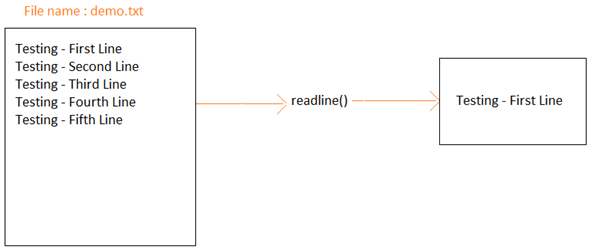I designed a mod for the gameboy pocket! I'm pretty pleased with how it turned out honestly.
It's a USB C and replacement regulator for the pocket. The thing I think is the neatest part of it is that it just solders in place using the existing solder pads on the gameboy.
I've got a more detailed write up on it here
View attachment 36785
That is pretty cool! Actually, could this be changed easily to work with the GameBoy Color?
McWill's LCD Mod includes a charging mod as well - however, it does not replace the full power circuit of the GBC, which is pretty flakey.
My own unit doesn't start anymore when I add the Charging mod and the new LCD.... it works if I only use the new LCD or only the charging mod with the old LCD, but both doesn't work.
And some customers had the same issue... so that circuit would need to be replaced.
I'd love to mass produce and offer such a USB Lithium-Battery mod which replaces the original power circuit, if possible. So if you'd be up for it, we could work together here .)


